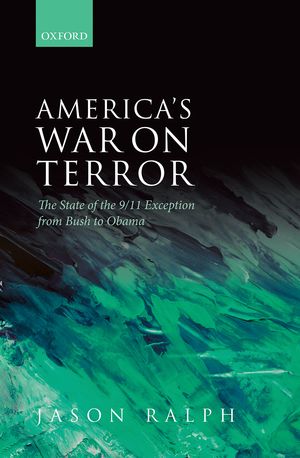
The US response to 9/11 was exceptional. The 'war on terror' went against the norm in the sense of being unusual and it challenged certain international norms as articulated in international law. This book focuses on four specific exceptions: US policy on the targeting, prosecution, detention, and interrogation of suspected terrorists. The Bush administration argued that in each of these areas the US was not constrained either by customary international law or by treaty law. This policy programme has been cited by followers of the legal theorist Carl Schmitt as evidence supporting his claim that liberal internationalism was responsible for the occurrence of ever more violent types of war. Professor Ralph argues that the Schmittian thesis is useful for interpreting aspects of America's response to 9/11 but that it is wrong to conclude that the exception is inherent to liberal internationalism. The reason the war on terror fits so squarely with Schmittian thinking is because it was conceived by conservatives who sought either to defend American liberalism (in their realist guise) or to promote liberal democracy abroad (in their neoconservative guise). Liberal internationalists, particularly defensive or republican liberals, opposed the American exception. They were supported in many instances by defensive realists who argued the exception did not make the United States safer. The book considers the political strength of these arguments in the post-Bush period and concludes that the post-9/11 exception continues to influence US policy despite the election of President Obama.